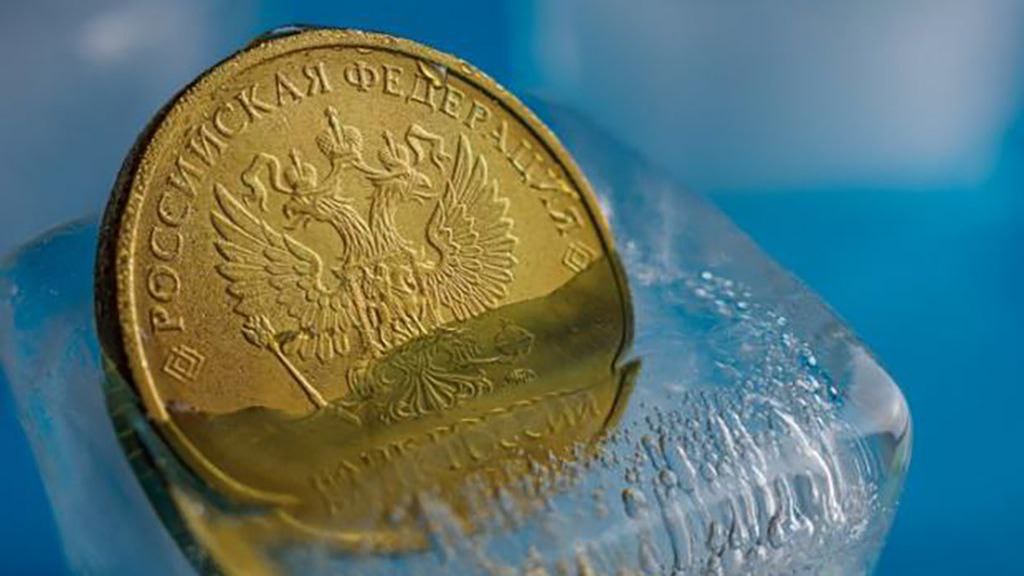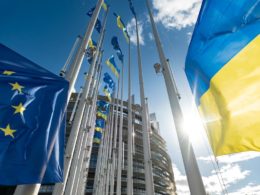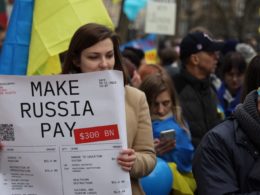Local newspaper Telegraaf reports that Dutch banks have unfrozen approximately €560 million of Russian assets, citing documents from Foreign Minister Kaspar Veldkamp.
After Russia's February 2022 invasion of Ukraine, Western nations froze around €300 billion in Russian sovereign assets, with €191 billion held in Euroclear under Belgium's oversight. Though intended for Ukraine's defense and reconstruction, no significant actions have been taken regarding these frozen funds despite ongoing discussions.
This development comes after the Dutch parliament announced in January that €660 million in Russian assets would be frozen. However, by 1 July, only €97.2 million had actually been blocked.
The unfreezing occurred due to exceptions for incomplete payments and the "distancing" of sanctioned owners. Notably, €430 million belongs to two Russian companies, with €230 million unfrozen after one company was "formally distanced" from its Russian owner through a special structure.
Dutch publication RTL reports that these two companies share a single Russian owner. The assets were released after mechanisms were implemented to ensure the sanctioned owner did not influence the companies or indirectly access the funds.
The country's Ministry of Economy is verifying whether these mechanisms comply with EU sanction rules.
This situation came to light due to new reporting obligations for financial institutions, implemented in July as part of EU sanctions against Russia following its invasion of Ukraine. These new rules require financial institutions to report not only on frozen assets but also on any changes to previously frozen funds, including unfreezing actions and the reasons behind them.
Read more:
- EU seeks to sidestep Hungary's veto in sending Russian frozen assets profits to Ukraine
- AP: G7 leaders agree to lend Ukraine billions in Russia's frozen assets
- EurActiv: Ukraine plans to use Russia's frozen assets to boost arms production
- $ 19 billion for Ukraine: US races October deadline on Russian assets
- Ukraine still awaits $ 50 billion from frozen Russian assets amid legal and political uncertainty





